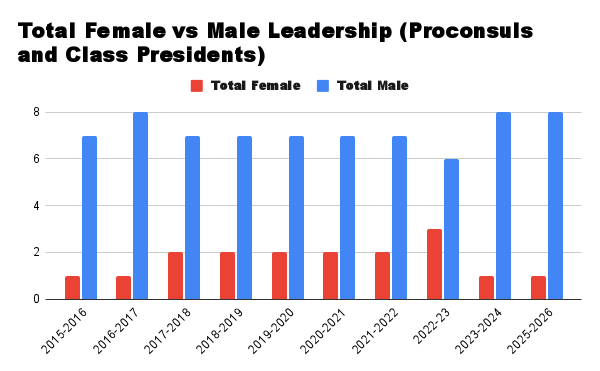
(Joey D.)
Astrology, the ancient belief that celestial bodies influence human behavior and destiny, has long been a subject of fascination and controversy. While some dismiss it as pseudoscience, others swear by its accuracy in predicting personality traits and life events. In 2018, the California Business and Professions Code Section 3351 was passed. It requires astrologers and similar practitioners to include a disclaimer stating that their services are for entertainment purposes only. Laws like this reflect the attitude of disbelievers and their effort to dismiss astrology as a science related subject. But what lies at the heart of astrology’s enduring appeal, and is there any truth to its claims?
Mesopotamia is credited as the birthplace of astrology, where it was used to predict seasonal shifts and interpret celestial cycles. Over time, its influence spread to ancient Greece and Babylon, where it became integrated into cultural and religious practices. The 12 zodiac signs, each associated with specific personality traits and characteristics, form the basis of astrological analysis. From Aries, the fiery and impulsive leader, to Pisces, the dreamy and empathetic visionary, each sign offers insights into different aspects of human nature.
So, what exactly is a zodiac sign? In astrology, your zodiac sign is determined by your birth date and time (the best is to narrow it down to the minute you were born), and it represents the position of the sun at the time of your birth. However, astrology goes beyond just the sun sign. Your natal chart, also known as your birth chart, takes into account the positions of the moon, rising sign and other planets at the time of your birth. As the natal chart provides a detailed snapshot of the celestial influences present at the moment of your birth, it offers deeper insights into your personality and life path.
Belinda Li ’24 raises a valid point about the broadness of astrological descriptions. “Imagine categorizing 7.9 billion people into just 12 types of personalities based on their zodiac signs. It must be fake science!” Belinda’s skepticism reflects the sentiments of many who question the validity of astrology. For Griffin Gadre ’26, the connection between their zodiac sign and their personality traits feels too generic to be taken seriously. As Griffin puts it, “All the descriptions of me according to my star sign are so broad, everybody can fit in those plausible descriptions.”
Yet, there are those like Becky Tian ’24, who have had surprising experiences that challenge their skepticism. Becky shares, “I never found the horoscope ideology valid, until last year, my friend’s sister pulled up my natal chart and did an analysis on my personality. I was so shocked by the accuracy of the reading, and some of these traits I have never told anyone before.” Mr. Andrew Jones, AP Psychology teacher, offers a perspective that bridges the gap between skepticism and belief. He acknowledges that while astrology may not be a practical science, it has its own system of thought and study. “For me, the zodiac sign definitely works to some extent, but the thing is, this is more of a social science, rather than an applied science,” he explains. One of the key arguments against astrology is the Barnum effect, which suggests that the descriptions of personality traits associated with each zodiac sign are so general that anyone could relate to them. However, Mr. Jones points out that astrology goes beyond just the sun sign, taking into account the entire natal chart, including the positions of the moon, rising sign, and other planets.
As we navigate the complexities of astrology, it’s important to approach it with an open mind. Whether you believe in it or not, astrology invites us to explore the mysteries of the cosmos and our place within it. In the words of Becky Tian, “[Astrology] is such a deep subject, I always think of it as an iceberg, what’s showing on the surface is usually only 10% of the entire picture.” So, perhaps there’s more to astrology than meets the eye.
This exploration has traversed astrology’s ancient beginnings, its development across different cultures, and delved into its connections with both scientific principles and psychological theories. In Hawaiian culture, the phases of the moon were thought to affect fishing and planting activities, so the Hawaiians would look into the astrology placement before they go fishing or planting. Moreover, the Hawaiian have their own calendar based on the moon movement. The Hawaiian lunar month, “Kaulana Mahina,” is a cultural and spiritual calendar consisting of 12 lunar months, each associated with a deity and natural phenomenon. It guided ancient Hawaiians in organizing activities such as farming and ceremonies in alignment with celestial rhythms and earthly cycles. Astrology’s historical significance, coupled with its scientific and psychological dimensions, transcends the notion of it being mere pseudoscience. An open-minded approach to exploring astrology’s scientific and psychological dimensions can deepen our understanding of ourselves and the world around us. Astrology is a complex system that includes both psychology and science, as it dates back to the ancient world. Its wisdom goes beyond science itself.














